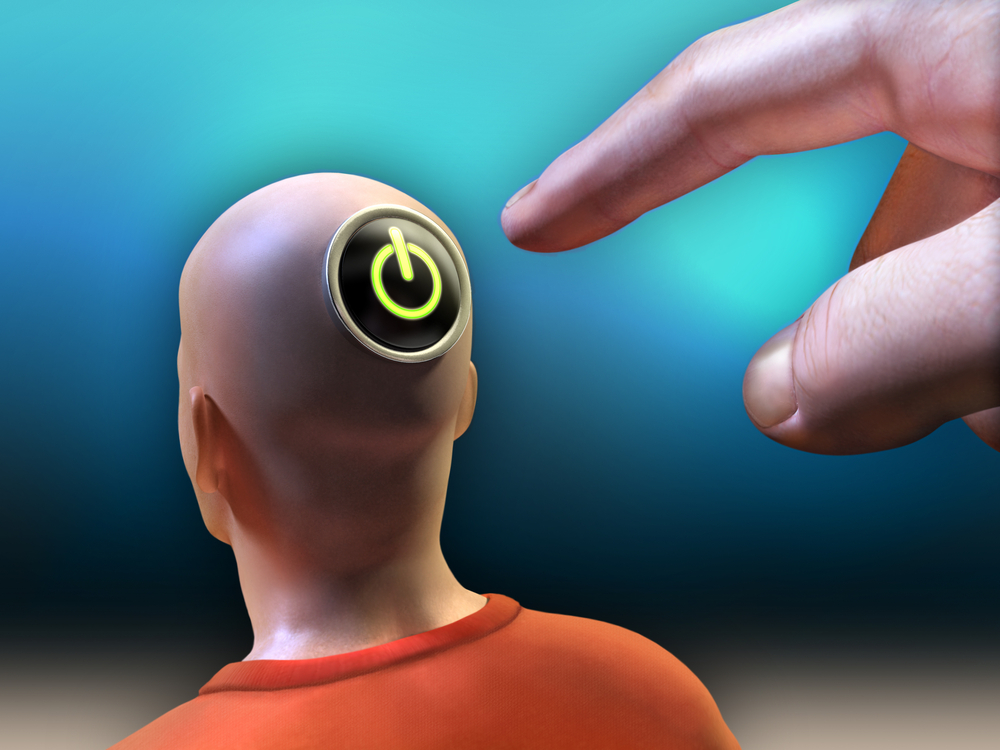As long as you don't outright embarrass yourself on the OKAPs, the OKAPs simply don't matter. The test was originally designed for residents to gauge how well they were doing, at least in theory. It's now morphed into our specialty's version of the in-service exam (like the ABSITE for general surgery). Luckily it hasn't turned into what the USMLE Step scores have become for fellowship placement. Some fellowship places will ask for your scores, but that's it. My OKAP scores were only mentioned once, and it was just in passing. I destroyed it last year but I personally felt it had no influence on how I was ranked for fellowship.
Now, indirectly, how it would affect your fellowship placement may be in how your attendings frame your letters of rec. If you always did poorly, for instance, your letter writings may not comment on your ability to learn and assimilate information quickly, or that it was a weakness you had during residency. Conversely, if you did well, your attending may comment on how well you did. After taking this test for the third time, I see now why fellowships place such little importance on it - many of the questions asked on the OKAPs aren't clinically useful, or involve knowledge only a smaller subset of the ophthalmology community needs. For instance, a general ophthalmologist does not need to know that the TIMP3 gene is responsible for Sorsby Macular Dystrophy to take care of patients in a typical general ophthalmology practice. Even some of answers to some OKAP questions are debatable among experts. Really, it's just to see if you happened to study the exact answer for the exact question.
Last, the reason to do well on the OKAPs is to see how well you fare when it comes to the boards (WQEs). As long as you're not in the bottom 25% consistently, you're fine. In fact, I've heard of plenty of sub-specialty attendings who've made low OKAP scores, yet they're board certified and are the ones giving the review courses now.

